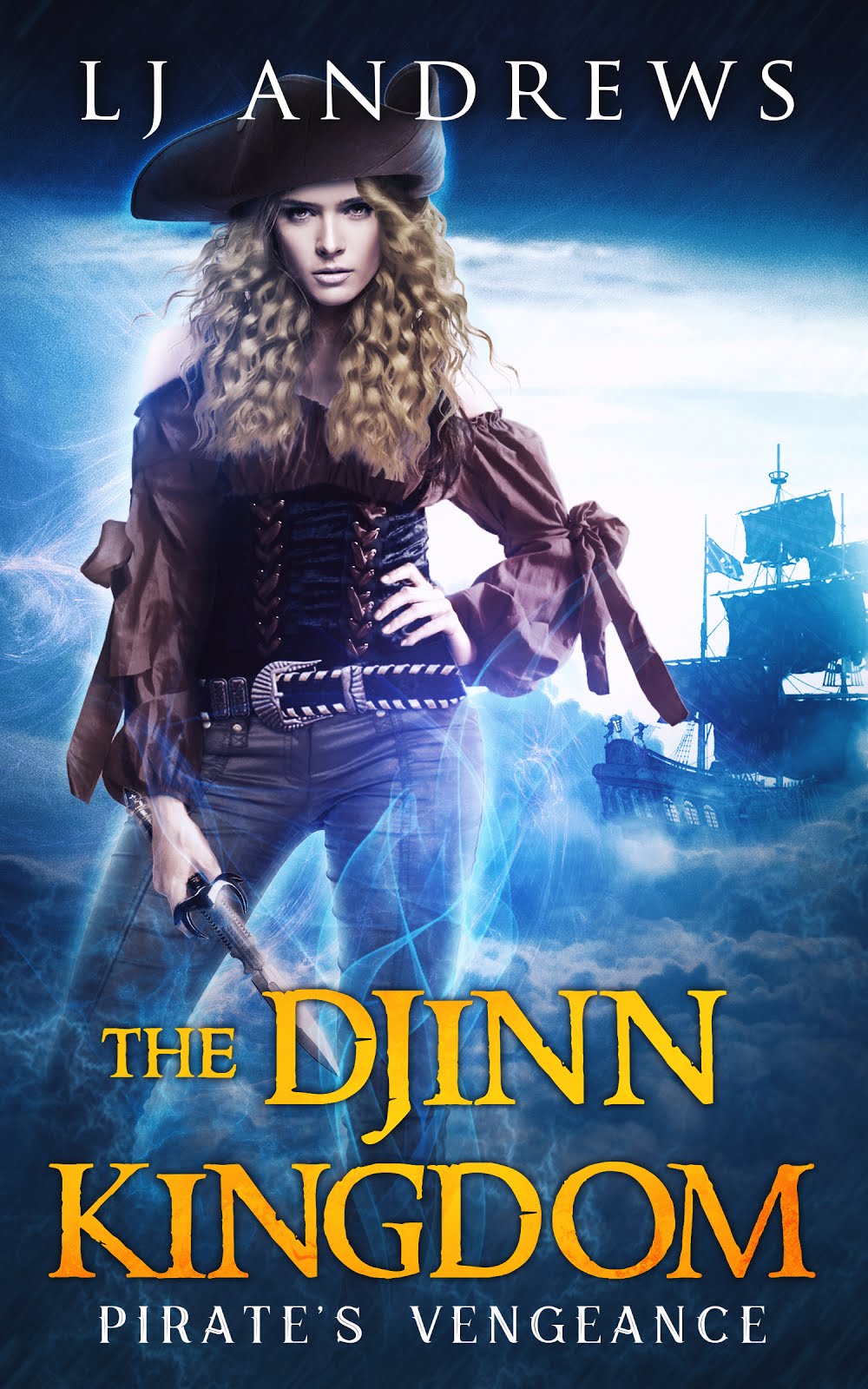Calling all Fantasy Writer-
If you have goose eggs on your head from banging it against the table during world creation--this is for you.
Personally, I dabble in a variety of genres, but fantasy is where my heart belongs. Something about escaping reality into another dimension is exhilarating, perhaps it's because I live in fantasy world--but that is beside the point.
As an Indie author myself, I understand the need to create a piece of writing that is so crisp, clean, and easy to follow you can't distinguish it from books published by the BIG 5.
 Several weeks ago, I had the marvelous opportunity to attend a writing workshop with Brandon Mull (author of the Fablehaven series, Beyonders) and Richard Paul Evans (author of the Christmas Box, Michael Vey series).
Several weeks ago, I had the marvelous opportunity to attend a writing workshop with Brandon Mull (author of the Fablehaven series, Beyonders) and Richard Paul Evans (author of the Christmas Box, Michael Vey series).The workshop was immensely helpful and focused primarily on developing fantastical worlds that...wait for it...make sense.
 Call me naive, but I hadn't ever thought about having my make believe world work. It's fantasy right? That means I can do anything I want. Well-- you can have your world do anything you want, but it has to have an explanation as to why it does that, according to these two New York Times bestselling authors.
Call me naive, but I hadn't ever thought about having my make believe world work. It's fantasy right? That means I can do anything I want. Well-- you can have your world do anything you want, but it has to have an explanation as to why it does that, according to these two New York Times bestselling authors.So, how to begin:
Rule #1: ASK QUESTIONS For me, I first imagined my world that I was trying to create, then I began to ask myself questions--a lot of questions. I tried to think of any question that may cause a reader to stop and pause asking "Hmmm, but what about this?" or "Well, why does it do that?"
I am a Harry Potter fan (fantasy heaven) I had a question that wasn't addressed until the fourth book. I wanted to know if there was an American wizarding school. I'm American, it's natural. It was never straight out answered, but left open for me to come to my own conclusion.
"Spect they go to some foreign school," said Ron. "I know there are others, never met anyone who went to one though. Bill had a pen-friend at a school in Brazil ... this was years and years ago ... and he wanted to go on an exchange trip but Mum and Dad couldn't afford it. His pen-friend got all offended when he said he wasn't going and sent him a cursed hat."
As you can see, other Wizard schools are mentioned, though they don't know much about them. They mention Brazil, but it is left up to the reader to decide where else another school may be. I concluded there is a school in the U.S. but that's just me.
The point is, JK Rowing, must have assumed readers would wonder about other schools outside of Europe, so she made it a point to give a vague answer.
Rule #2 : ANSWER QUESTIONS Duh, right. Now hold on a second, it isn't always that easy. As I began asking myself questions, they went deeper and deeper, I found I was beginning to reshape motivations, I realized I hadn't even described why the sun was 30 different colors! Why is that? As you are creating a new world, in a sense you are a "writer God". You have to explain in a good voice, good flow why something is the way it is. You can't just say, "Reader, this is why this is doing that, moving on" BORING!
In the case of my multicolored sun, my antagonist finds himself in a HQ center. It's a mysterious Limbo in the center of the universe. The sun is not the same sun we see here on earth. It's another sun, that several universes orbit. Since the Limbo is in the center, it absorbs the other galaxies, realm's etc. atmospheres, painting the sun in remarkable shades that are unearthly, yet stunning. Is the sun crucial to my story? No, but I mentioned the unusual colors, so I found some dialogue to explain why the sun was an unusual focal point. I wouldn't want a reader to get hung up on the unique attributes of my world, instead of enjoying the story.
Rule #3 KEEP THE FLOW As I mentioned above, you can't just do side notes in parenthesis for the reader explaining your world. That course may break up your desired flow.
You must tie it into dialogue or narration. Perhaps you use a character to ask a question that a reader may ask, it can then be answered through conversation. Maybe there is a document that is posted for the citizens to read, perhaps they sign a contract to live in the world, and the contract offers explanation. Maybe it is a mystery throughout the story--that's fine too. Just probe that mystery by allowing your characters to wonder as well. You don't need to reveal everything, just if it is mentioned somewhere in your story, ask questions. Think if a reader may wonder. If you believe they will, tie it in your writing in a creative, active way.
I hope this helps you create marvelous worlds that will allow your readers to feel they are walking the streets with your characters.
Happy Writing.




No comments:
Post a Comment